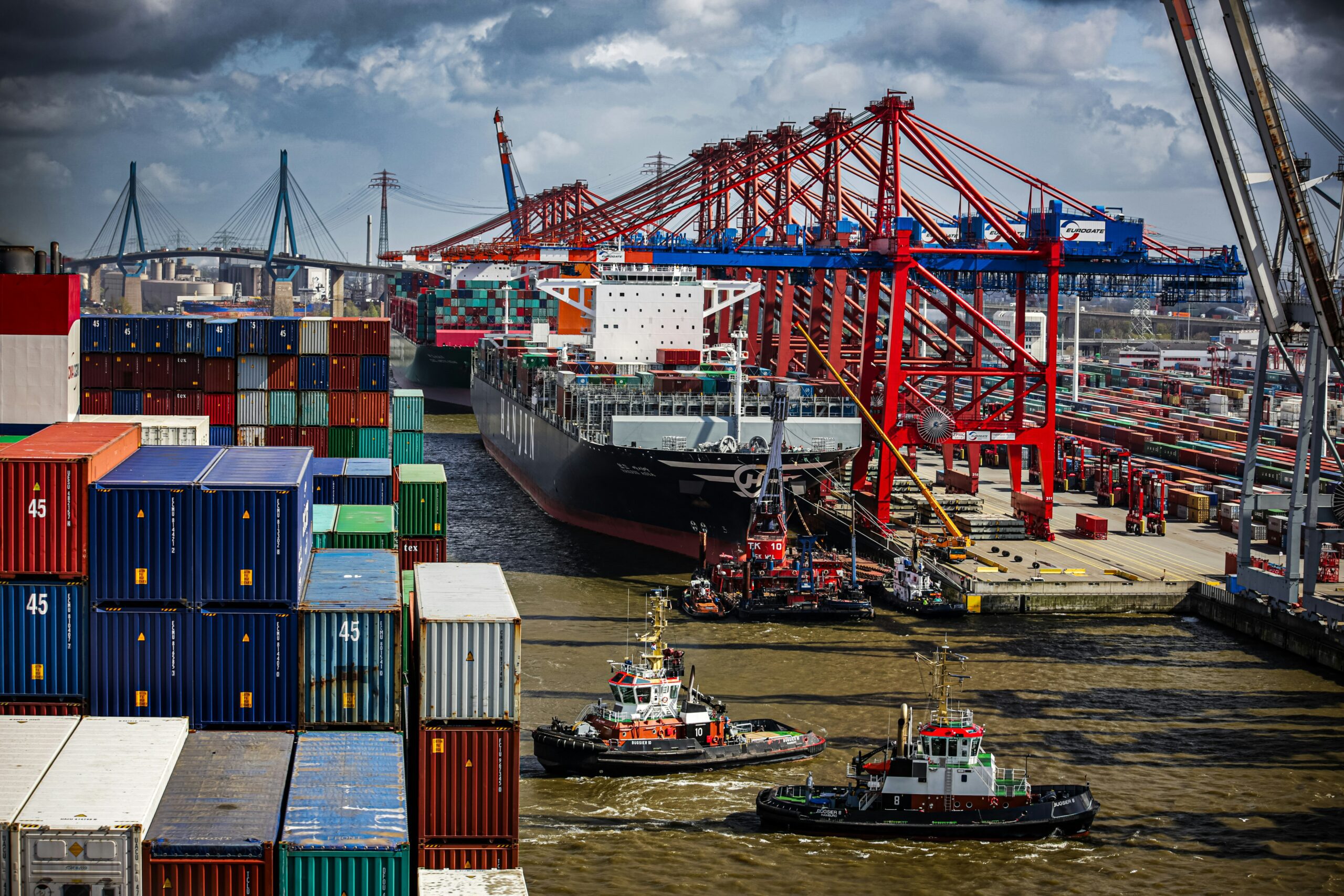In this blog, we’ll explore how AI in Supply Chain is revolutionizing supply chain management, its applications, benefits, challenges, and future trends shaping this vital industry.
The supply chain is the backbone of global trade and commerce, connecting manufacturers, distributors, retailers, and consumers. In an increasingly complex and interconnected world, managing supply chains efficiently is both critical and challenging. Artificial Intelligence (AI) has emerged as a transformative force in optimizing supply chain operations, from inventory management to demand forecasting and sustainability initiatives.
Table of Contents
The Need for AI in Supply Chain Management
The modern supply chain faces a myriad of challenges: unpredictable demand, disrupted supply lines, labor shortages, and rising operational costs. AI offers solutions by providing:
- Enhanced Visibility: Real-time tracking of goods and inventory.
- Predictive Insights: Anticipating demand, risks, and disruptions.
- Automation: Streamlining repetitive and complex processes.
- Sustainability: Minimizing waste and reducing carbon footprints.
Key Applications of AI in Supply Chain Optimization
1. Demand Forecasting
AI-driven algorithms analyze historical data, market trends, and external factors to predict demand with remarkable accuracy.
- Examples:
- Retailers use AI to anticipate peak sales periods and adjust inventory levels.
- Food suppliers predict seasonal demand fluctuations to avoid overstocking or shortages.
- Impact: Reduced inventory costs and better customer satisfaction through timely availability.
2. Inventory Management
AI enables dynamic inventory control by optimizing stock levels and minimizing excess inventory.
- Examples:
- Automated reordering systems powered by AI prevent stockouts.
- Real-time inventory tracking reduces waste, especially for perishable goods.
- Impact: Lower storage costs and improved operational efficiency.
3. Transportation and Logistics
AI optimizes routes, reduces fuel consumption, and ensures timely deliveries.
- Examples:
- AI platforms like Convoy and FourKites use machine learning to identify the fastest and most cost-effective delivery routes.
- Predictive analytics improve fleet maintenance by forecasting potential breakdowns.
- Impact: Reduced transportation costs and improved delivery reliability.
4. Risk Management
AI identifies potential risks in supply chains and provides proactive solutions.
- Examples:
- Monitoring geopolitical events, weather patterns, and supplier performance to mitigate disruptions.
- AI models predicting delays and suggesting alternative suppliers or routes.
- Impact: Enhanced resilience and continuity in supply chain operations.
5. Supplier Management
AI evaluates supplier performance, pricing, and reliability to streamline procurement processes.
- Examples:
- Vendor scoring systems analyze supplier histories to identify the most reliable partners.
- AI tools assess contracts for cost optimization opportunities.
- Impact: Improved supplier relationships and cost savings.
6. Warehouse Automation
AI-powered robots and systems enhance warehouse operations, from sorting to picking and packing.
- Examples:
- Amazon’s use of AI-driven robots for efficient order fulfillment.
- Vision systems guiding warehouse bots to locate and retrieve items.
- Impact: Faster processing times and reduced manual labor costs.
7. Sustainability Initiatives
AI helps companies achieve their environmental goals by optimizing resources and reducing waste.
- Examples:
- Route optimization algorithms minimize fuel consumption.
- Predictive analytics prevent overproduction and reduce emissions.
- Impact: A greener supply chain and alignment with sustainability goals.
Benefits of AI in Supply Chain Management
- Enhanced Decision-Making: AI provides actionable insights for strategic planning.
- Cost Savings: Optimized operations reduce unnecessary expenses.
- Increased Agility: AI enables quick adaptation to market changes.
- Customer Satisfaction: Accurate demand forecasting ensures timely product availability.
- Sustainability: Efficient resource management contributes to eco-friendly practices.
Challenges of Implementing AI in Supply Chains
- Data Quality: Inaccurate or incomplete data can limit AI’s effectiveness.
- Integration Issues: Legacy systems may struggle to accommodate AI technologies.
- High Initial Costs: Developing and deploying AI solutions requires significant investment.
- Talent Gap: A lack of skilled professionals to manage AI systems.
- Ethical Concerns: Data privacy and transparency in AI-driven decisions.
Future Trends in AI and Supply Chain Optimization
- Autonomous Supply Chains: Fully automated systems with minimal human intervention.
- Digital Twins: Virtual models of supply chains to simulate scenarios and improve decision-making.
- AI-Powered Blockchain: Enhancing transparency and trust in supply chain transactions.
- Collaborative AI: Systems that facilitate seamless communication between stakeholders.
- Circular Supply Chains: AI optimizing recycling and reuse of materials for a sustainable future.
Case Study: AI in E-Commerce Supply Chains
Problem: A leading e-commerce company faced frequent delays and high costs in its delivery network.
Solution: The company implemented AI-driven route optimization and demand forecasting tools.
Results:
- Reduced delivery times by 25%.
- 30% decrease in transportation costs.
- Improved customer satisfaction scores.
Conclusion
Artificial Intelligence is transforming supply chain management, making it smarter, faster, and more sustainable. By leveraging AI, businesses can improve efficiency, mitigate risks, and achieve customer-centric operations. However, successful implementation requires overcoming challenges such as data quality and integration issues.
As AI technologies evolve, supply chains will continue to become more autonomous, resilient, and environmentally conscious. Organizations that embrace AI-driven innovations today will be better positioned to navigate the complexities of tomorrow’s global marketplace.
Is your supply chain ready for an AI-driven future? Let technology pave the way for greater efficiency and sustainability.
Find more AI and ML content at:
https://allinsightlab.com/category/ai-machine-learning/

